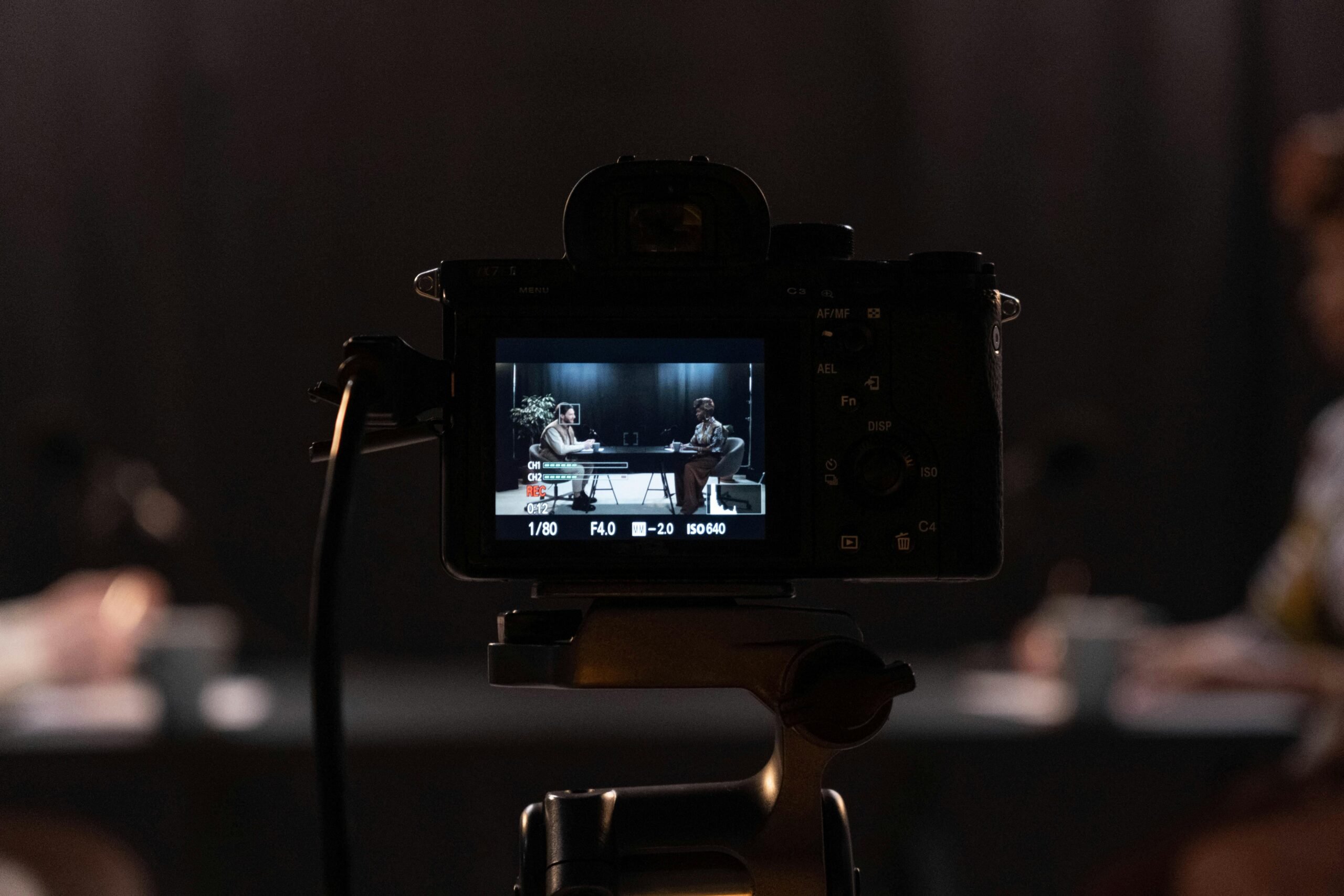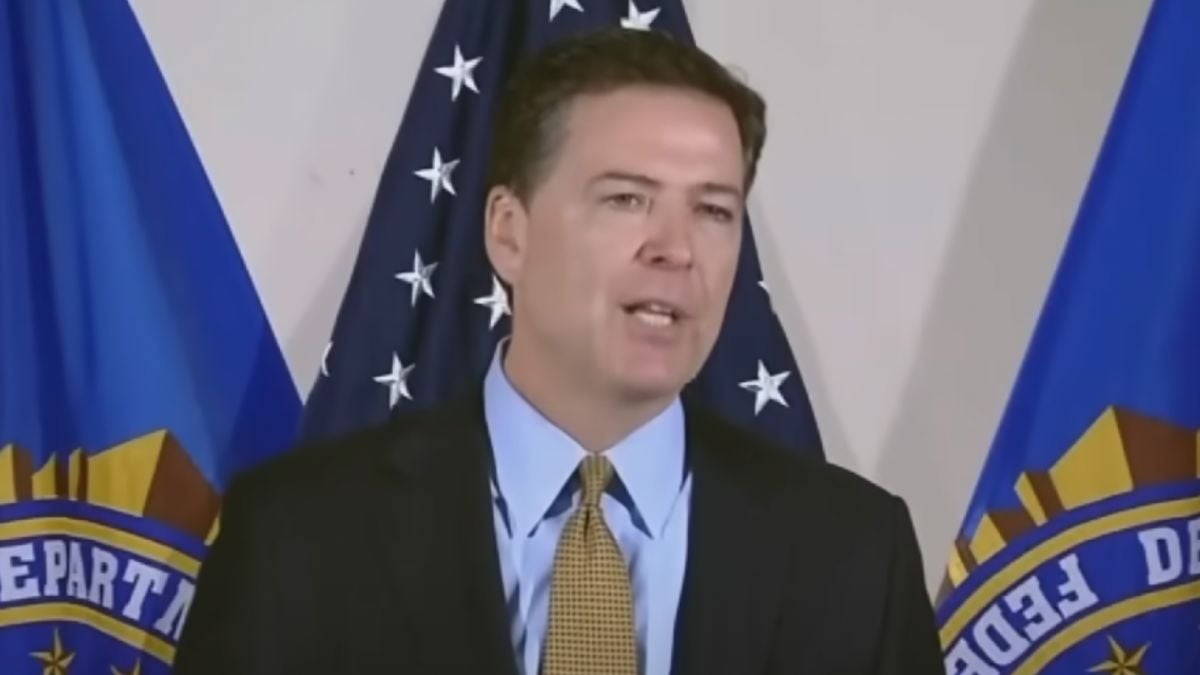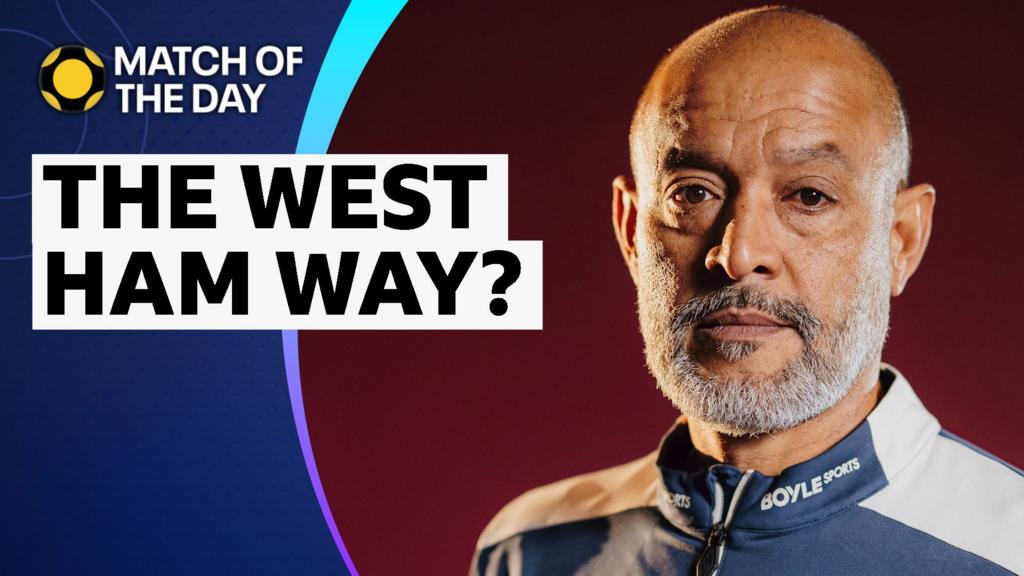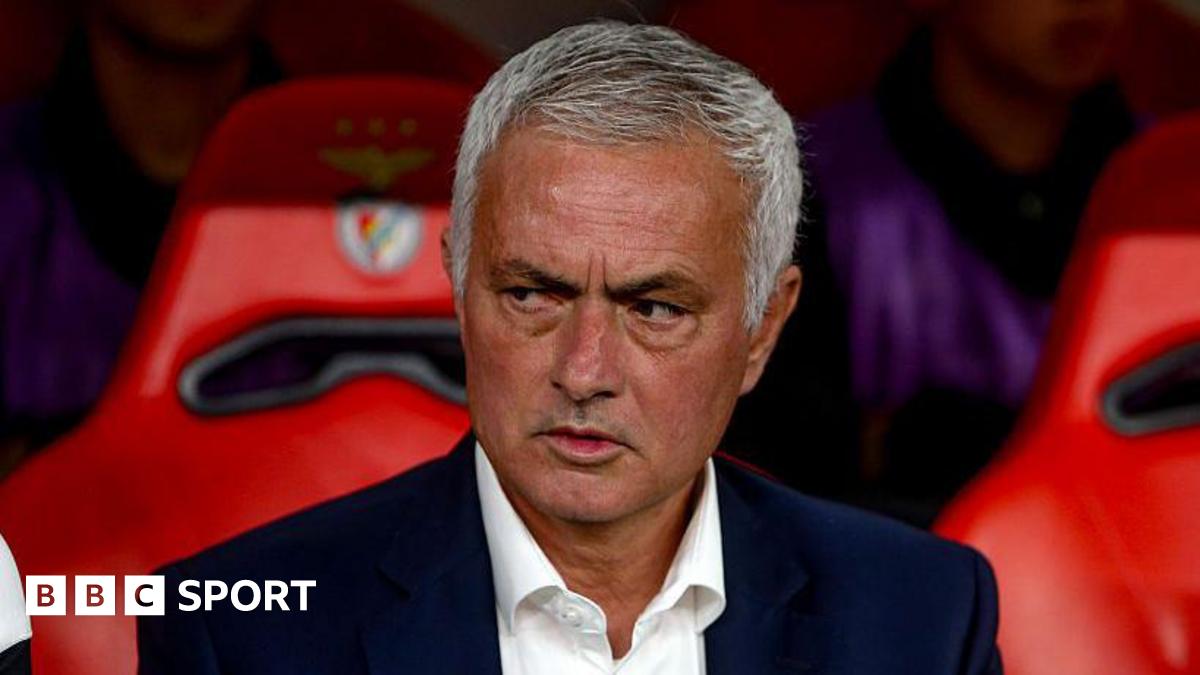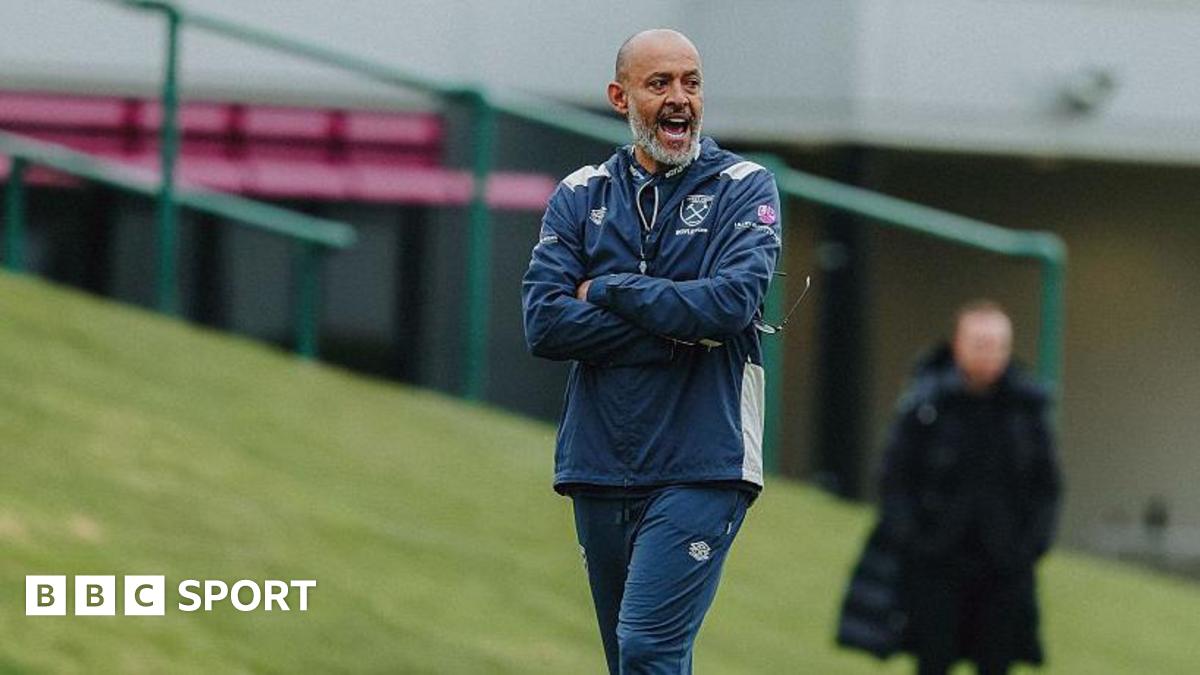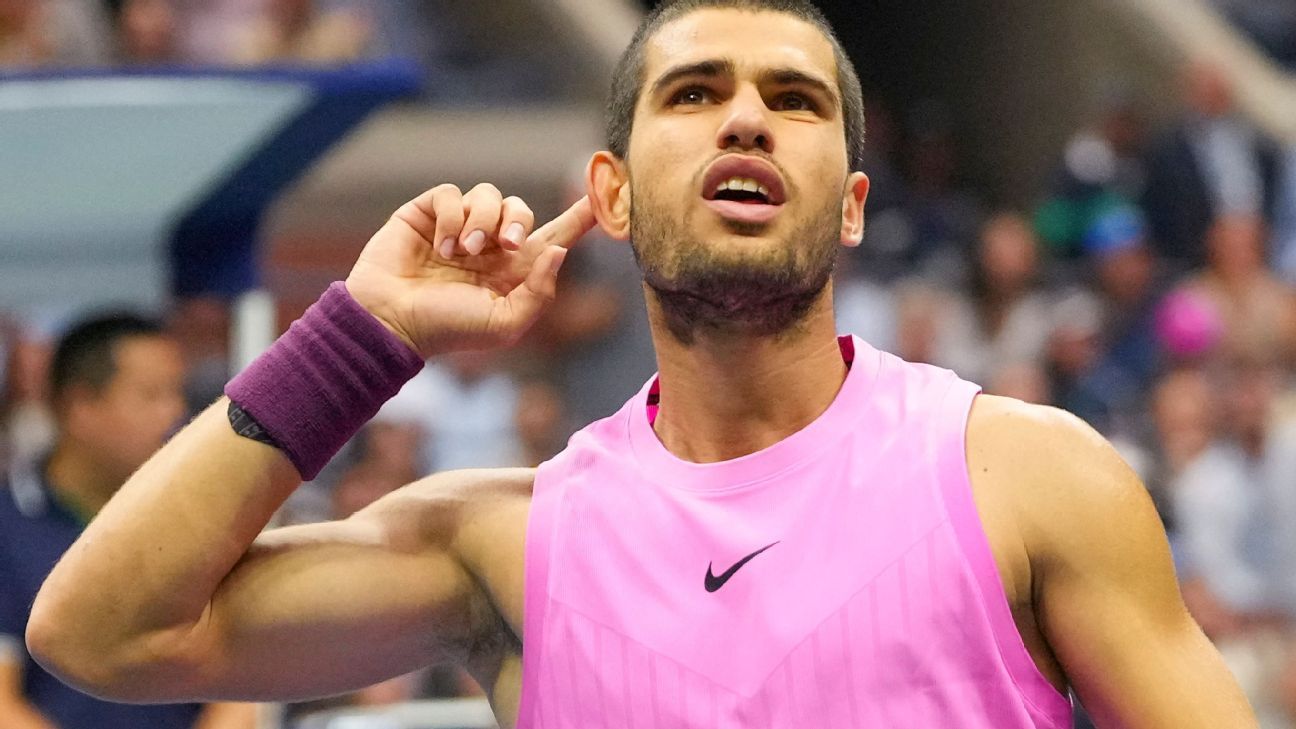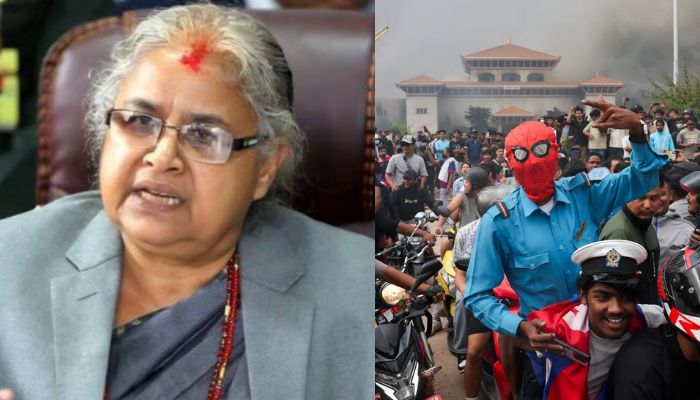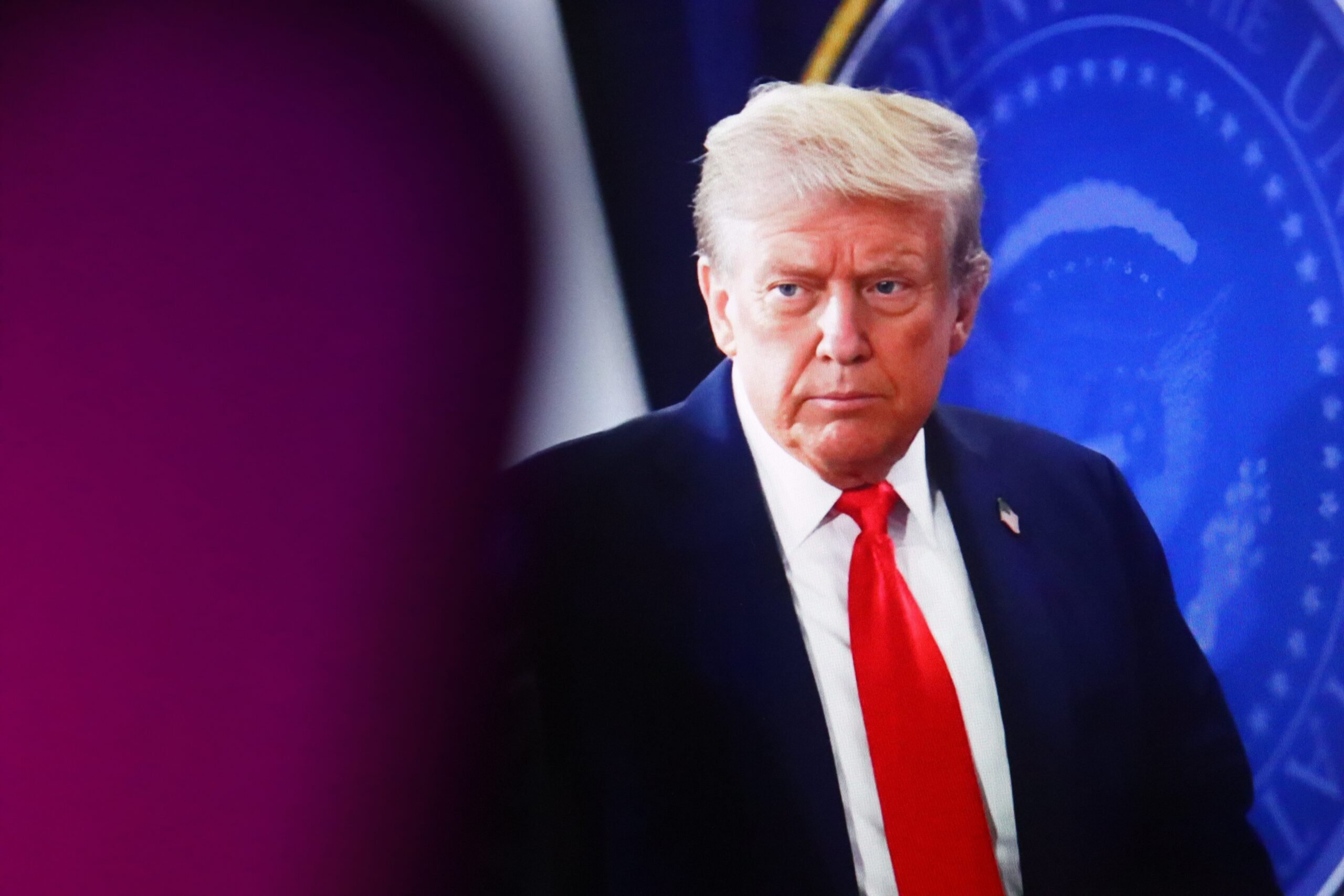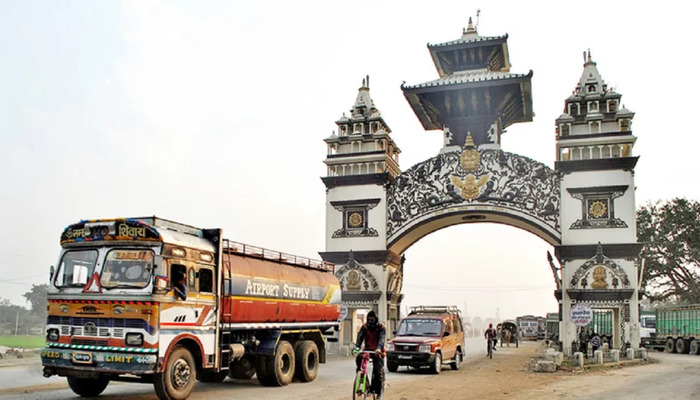Kash Patel shakes hands with Asim Munir: Dear Hindus of India, wake up to the realities of the world, and stop expecting the impossible
On 25th September, the President of the United States, Donald Trump, met Pakistani Prime Minister Shehbaz Sharif and Pakistan’s Field Marshal Asim Munir. Federal Bureau of Investigation (FBI) chief Kash Patel was also present during the meeting and a photograph of him shaking hands with Munir has gone viral on social media. When the image of Patel, son of Indian origin, Hindu by heritage, was seen greeting Munir in the White House, it sent ripples through the Indian diaspora and people in India alike. Some saw it as a sign of betrayal, others saw hypocrisy. Yet others saw complicity. The moment became a mirror of the complexities of the situation not just for Patel but also for the expectations that Indians have of diaspora icons. However, a more tempered reading is overdue. Instead of indicting Patel, perhaps it is time Indians should carry out a quiet reckoning. It is time to understand that our hopes for diaspora Hindus may be less about them, and more about us. The optics, and why they matter As the media has pointed out, Patel’s handshake with Munir did not go unnoticed. Many questions were raised over the “gesture”, especially given Munir’s recent remarks emphasising the religious divide between Hindus and Muslims and his endorsement of the Two-Nation Theory. Netizens invoked Patel’s Hindu identity, his past invocation of “Jai Shree Krishna”, and the contrast between his roots and his public office, accusing him of abandoning an assumed moral duty. However, the image published by the White House was only a snapshot. It is political theatre, and one must understand that the person in the image shaking hands with Munir is bound by constraints, institutions and roles. The question here is: did Patel betray his identity, or was he simply enacting the chores of his office? The burden of mythical expectations Many times, we heap impossible expectations on diaspora figures. It is a common expectation that because they have ancestral roots, they must act as emissaries, defenders, or guardians of India’s interests. We expect Sundar Pichai to always favour Indian developers, Satya Nadella to tilt Microsoft toward India, Patel to reject any official engagement that telegraphed weakness against Pakistan. Take Tulsi Gabbard for instance. Despite invoking Hindu imagery and chants in her political journey, she has always acted as an American politician, not as an envoy of India. Her duty is to her constituents and to the United States Congress where she served, not to India or Hindus globally. Expecting otherwise is to confuse cultural symbolism with political allegiance. However, that is not the logic of civic office or corporate governance. It is the logic of myth that we carry around and expect to become a reality when we see members of the Indian diaspora in important office, just like Kash Patel. Rishi Sunak, former Prime Minister of the United Kingdom, will further the interests of his country despite having ancestral roots in India. In the same way, Patel, in his capacity as FBI Director, will further US interests and not India’s. Sundar or Nadella will steer their companies toward profit, regulatory compliance, and global markets, not national mythology. There is no betrayal in their actions. It is, in fact, how the real world runs. However, this is not to excuse every misstep or realpolitik compromise. It is to ask us to recalibrate, to stop demanding that every diaspora Hindu live a dual citizenship of identity and destiny. Take another example of Asha Jadeja Motwani, an Indian-American venture capitalist and GOP megadonor. She has publicly advised India on Donald Trump’s mindset several times, urging Prime Minister Narendra Modi to engage and appease Trump to ease trade frictions, even demanded India should thank Trump for mediating ceasefire between India and Pakistan. Source: X While her mindset and language were problematic, her position was a clear indication that those who live in a foreign country and have established their lives there will obviously perform their duties for that country, and not for India. Her advice was just advice and not foreign policy. She cannot compel India to act. In the same way, expecting her, an American with Indian roots, to side with India is too much to ask for. Duty, identity and institutional loyalty In Indian philosophy, the Shrimad Bhagavad Gita speaks of svadharma, which means performing one’s duty without attachment to outcomes. Patel is bound by an oath to serve the US Constitution, which he did with his hand on the Shrimad Bhagavad Gita. He must serve American institutions, constrained by law, bureaucracy and security imperatives. If that duty leads to uncomfortable optics, the question is not betrayal, it is the mismatch between our expectations and institutional reality. Patel could not have refused to shake hands with Munir, as that would have brought consequences for him. Undermining institutional norms is
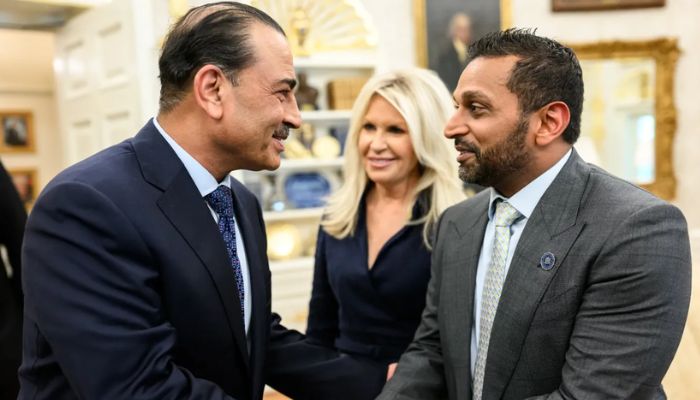


On 25th September, the President of the United States, Donald Trump, met Pakistani Prime Minister Shehbaz Sharif and Pakistan’s Field Marshal Asim Munir. Federal Bureau of Investigation (FBI) chief Kash Patel was also present during the meeting and a photograph of him shaking hands with Munir has gone viral on social media.
When the image of Patel, son of Indian origin, Hindu by heritage, was seen greeting Munir in the White House, it sent ripples through the Indian diaspora and people in India alike. Some saw it as a sign of betrayal, others saw hypocrisy. Yet others saw complicity. The moment became a mirror of the complexities of the situation not just for Patel but also for the expectations that Indians have of diaspora icons.
However, a more tempered reading is overdue. Instead of indicting Patel, perhaps it is time Indians should carry out a quiet reckoning. It is time to understand that our hopes for diaspora Hindus may be less about them, and more about us.
The optics, and why they matter
As the media has pointed out, Patel’s handshake with Munir did not go unnoticed. Many questions were raised over the “gesture”, especially given Munir’s recent remarks emphasising the religious divide between Hindus and Muslims and his endorsement of the Two-Nation Theory.
Netizens invoked Patel’s Hindu identity, his past invocation of “Jai Shree Krishna”, and the contrast between his roots and his public office, accusing him of abandoning an assumed moral duty. However, the image published by the White House was only a snapshot. It is political theatre, and one must understand that the person in the image shaking hands with Munir is bound by constraints, institutions and roles. The question here is: did Patel betray his identity, or was he simply enacting the chores of his office?
The burden of mythical expectations
Many times, we heap impossible expectations on diaspora figures. It is a common expectation that because they have ancestral roots, they must act as emissaries, defenders, or guardians of India’s interests. We expect Sundar Pichai to always favour Indian developers, Satya Nadella to tilt Microsoft toward India, Patel to reject any official engagement that telegraphed weakness against Pakistan.
Take Tulsi Gabbard for instance. Despite invoking Hindu imagery and chants in her political journey, she has always acted as an American politician, not as an envoy of India. Her duty is to her constituents and to the United States Congress where she served, not to India or Hindus globally. Expecting otherwise is to confuse cultural symbolism with political allegiance.
However, that is not the logic of civic office or corporate governance. It is the logic of myth that we carry around and expect to become a reality when we see members of the Indian diaspora in important office, just like Kash Patel.
Rishi Sunak, former Prime Minister of the United Kingdom, will further the interests of his country despite having ancestral roots in India. In the same way, Patel, in his capacity as FBI Director, will further US interests and not India’s. Sundar or Nadella will steer their companies toward profit, regulatory compliance, and global markets, not national mythology.
There is no betrayal in their actions. It is, in fact, how the real world runs. However, this is not to excuse every misstep or realpolitik compromise. It is to ask us to recalibrate, to stop demanding that every diaspora Hindu live a dual citizenship of identity and destiny.
Take another example of Asha Jadeja Motwani, an Indian-American venture capitalist and GOP megadonor. She has publicly advised India on Donald Trump’s mindset several times, urging Prime Minister Narendra Modi to engage and appease Trump to ease trade frictions, even demanded India should thank Trump for mediating ceasefire between India and Pakistan.
While her mindset and language were problematic, her position was a clear indication that those who live in a foreign country and have established their lives there will obviously perform their duties for that country, and not for India. Her advice was just advice and not foreign policy. She cannot compel India to act. In the same way, expecting her, an American with Indian roots, to side with India is too much to ask for.
Duty, identity and institutional loyalty
In Indian philosophy, the Shrimad Bhagavad Gita speaks of svadharma, which means performing one’s duty without attachment to outcomes. Patel is bound by an oath to serve the US Constitution, which he did with his hand on the Shrimad Bhagavad Gita. He must serve American institutions, constrained by law, bureaucracy and security imperatives. If that duty leads to uncomfortable optics, the question is not betrayal, it is the mismatch between our expectations and institutional reality.
Patel could not have refused to shake hands with Munir, as that would have brought consequences for him. Undermining institutional norms is not something that the US government would have expected from its FBI Director.
On comparisons – Jews, Israel, and why the analogy misfires
There have been many conversations around diaspora loyalty that invoke the Jewish diaspora and Israel, a rhetorical shorthand which basically says, “See how Jews anywhere rally for Israel; why can’t Hindus rally for India?” But this analogy is tenuous, even misleading.
Israel is a modern state that exists as a homeland. It was established after centuries of displacement and persecution. The Jewish diaspora often sees Israel as an existential refuge, a national anchor. For many Jews, their identity and Israel’s destiny are inextricable.
In contrast, Hindus have lived continuously in India for millennia. Though migrations, invasions, conversions, and partition transformed histories, Hindus as a collective identity were never wholly expelled or exiled. Migration for economic or social reasons has been part of the Hindu story. Diaspora Hindus often carry cultural and spiritual ties, not necessarily political or national ones.
So, when we expect diaspora Hindus to act as if they were always representatives of India, we flatten a historically richer and more complex set of identities. We turn people into symbols, rather than persons with jurisdictional allegiance.
Realism, not cynicism
There is a need to recalibrate the lens we see through and approach it with realism, to avoid both blind cynicism and naïve faith. It is certainly a point of pride when a person of Indian heritage rises to become Director of the FBI, or when Sundar Pichai shapes how billions of people access information, when Rishi Sunak becomes Prime Minister of the UK, or when Satya Nadella drives the direction of global enterprise. These achievements deserve to be celebrated for what they are, rather than weighed down with contingent expectations about ancestral loyalties.
At the same time, it remains entirely valid to critique actions when they are harmful. If Patel misuses his authority, or if Nadella’s policies consistently disadvantage Indian interests, then criticism is both warranted and necessary. But such critique should rest on concrete grounds of governance and impact, not on genealogical or sentimental premises.
This also means recognising that India cannot outsource its aspirations to its diaspora. The myth of diaspora saviourhood loses its allure when India builds its own capacity at home. When power, influence, and infrastructure grow from within, it becomes clearer where India should put its expectations. Influence is always more durable when it is exported by design, not merely inherited from the success of individuals abroad.
Finally, there must be an acknowledgment of limits. The diaspora’s role is best understood as soft power, as connections, as cultural bridges across nations. It is not a substitute for diplomatic sinecure, nor should it be mistaken for foreign policy oversight. Their successes enrich the global Hindu and Indian identity, but their duty lies in the jurisdictions they serve.
Treat it as a wake-up call
It is time to lower a bit of the sentimental burden that we place on diaspora icons. They must be seen in their human roles and not as mythic emissaries. It is important to understand that their loyalties belong to the country and the office they are in, not with India, even if those duties sometimes diverge from our emotional geography.
Expecting Patel to be India’s champion is a burden any public servant would resist. Expecting Sundar or Nadella to always toe a nationalist line is a mismatch with how global institutions function. Let us be a little mindful and let them act according to their roles.
India’s future should not depend on diaspora believers. It depends on India’s strength, resilience, credibility, in diplomacy, in economy, in soft power, in moral character. When those foundations are strong, diaspora pride becomes an echo, not a burden.
It is time to wake up. Stop expecting the impossible. Let the diaspora serve their offices and let us serve the India we imagine with clarity, agency and less naïve hope.






